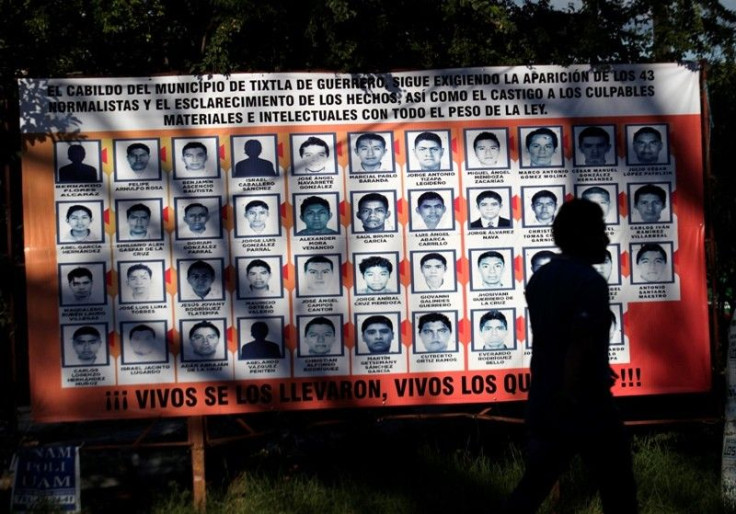Britain’s Deputy PM Moots Drug Decriminalisation Citing Mexico’s Problems, While Its President Visits London

Britain’s Deputy Minister Nick Clegg has called for legalisation or decriminalization of drugs as a rational way to reduce addiction, drug related crimes and operations of drug mafias. Interestingly, his views coincided with the visit of Mexico President Enrique Pena Nieto's to London. Mexico faces problems related to illegal drug trade and crimes associated with it.
Clegg’s demand was supported by business tycoon Richard Branson. Together, they highlighted the failures of drug criminalisation in many parts of the world. "Drug violence had become endemic" in many parts of the world including Mexico, they said, and cited 100,000 deaths in the country since 2006 when the government declared a "war" on drug traffickers, reports AFP. Calling status quo as a colossal con, they said drugs possession for personal use need to be decriminalised with those caught, sent for treatment, education or made to pay civil penalties.
Global War on Drugs
Virgin tycoon Branson and Liberal Democrat party leader Nick Clegg jointly wrote a piece in The Guardian and gave a lecture at Chatham House, the Royal Institute of International Affairs think-tank in London. "By any standard, the global war on drugs has been an abject failure. The criminal market continues to grow, driving unimaginable levels of profit for organised crime”, they wrote. Efforts at reducing drug demand has been "fruitless", while gangs were "doing a roaring trade", they said, and added that the problem simply is not going away.
Portugese Model
Calling for a new model, they advocated the implementation of Portugese model in Britain to decriminalise drug use. Portugal was able to achieve a decline in drug addiction by decriminalising drugs, in the turn of the century. The Portuguese "have allowed resources to be redirected towards the treatment system, with dramatic reductions in addiction, HIV infections and drug-related deaths," said Clegg and Branson.
Clegg is part of Britain's coalition government. He announced that the Liberal Democrats would pledge a Portuguese-style approach in their manifesto for the May 7 general election.
Drug Wars
Meanwhile, Mexico continues to grapple with the social effects and crime emerging from illegal drug trade. In 2014, Mexico’s Gurrero witnessed the mysterious disappearance of 43 students. It became alert to the world about the devastating drug wars ravaging in that country. Those students are now presumed dead.
Mexican data visualization specialists Data4 in an interactive graphic revealed the staggering number of people that went missing in the country, since 2008. A total of 23,271 people have gone missing. The average age of a missing man was 29, while for women it is 21. Data4 notes that "50 percent disappeared in 28 of the 2,457 municipalities that constitute Mexico," and three out of every 10 disappearances have occurred in the dangerous states of Guerrero and Tamaulipas.
(For feedback/comments, contact the writer at kalyanaussie@gmail.com)




















